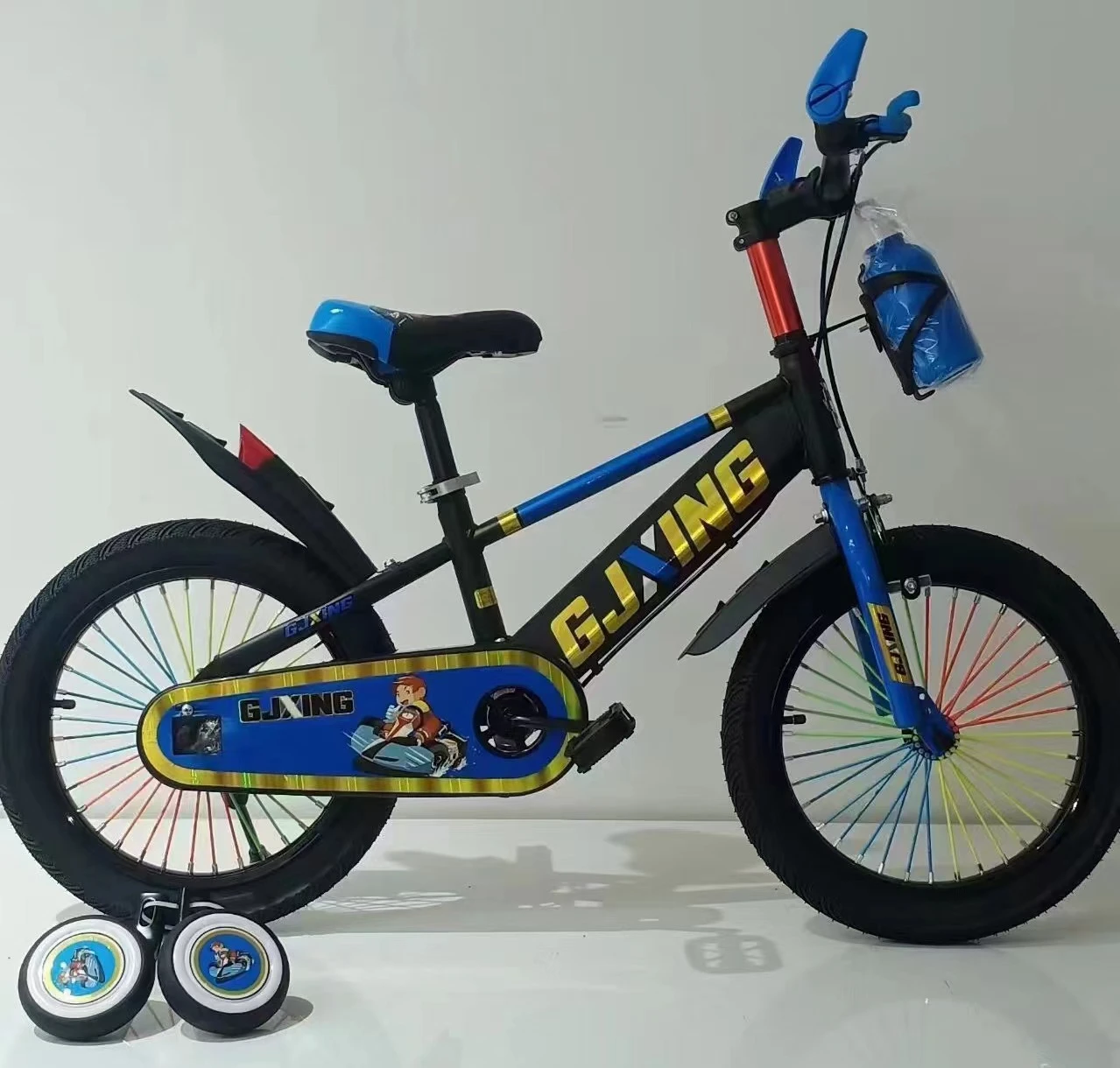
- Afrikaans
- Albanian
- Amharic
- Arabic
- Armenian
- Azerbaijani
- Basque
- Belarusian
- Bengali
- Bosnian
- Bulgarian
- Catalan
- Cebuano
- Corsican
- Croatian
- Czech
- Danish
- Dutch
- English
- Esperanto
- Estonian
- Finnish
- French
- Frisian
- Galician
- Georgian
- German
- Greek
- Gujarati
- Haitian Creole
- hausa
- hawaiian
- Hebrew
- Hindi
- Miao
- Hungarian
- Icelandic
- igbo
- Indonesian
- irish
- Italian
- Japanese
- Javanese
- Kannada
- kazakh
- Khmer
- Rwandese
- Korean
- Kurdish
- Kyrgyz
- Lao
- Latin
- Latvian
- Lithuanian
- Luxembourgish
- Macedonian
- Malgashi
- Malay
- Malayalam
- Maltese
- Maori
- Marathi
- Mongolian
- Myanmar
- Nepali
- Norwegian
- Norwegian
- Occitan
- Pashto
- Persian
- Polish
- Portuguese
- Punjabi
- Romanian
- Russian
- Samoan
- Scottish Gaelic
- Serbian
- Sesotho
- Shona
- Sindhi
- Sinhala
- Slovak
- Slovenian
- Somali
- Spanish
- Sundanese
- Swahili
- Swedish
- Tagalog
- Tajik
- Tamil
- Tatar
- Telugu
- Thai
- Turkish
- Turkmen
- Ukrainian
- Urdu
- Uighur
- Uzbek
- Vietnamese
- Welsh
- Bantu
- Yiddish
- Yoruba
- Zulu
Nov . 16, 2024 08:50 Back to list
electric bike range
Understanding Electric Bike Range Key Factors and Considerations
Electric bikes, or e-bikes, have surged in popularity as a sustainable alternative to traditional bicycles and automobiles. As more individuals seek eco-friendly transportation solutions, understanding the range of electric bikes becomes essential. The range refers to the maximum distance an e-bike can travel on a single charge, and several factors influence this critical metric. In this article, we will explore the components that affect electric bike range, helping you make an informed decision for your next e-bike purchase or usage.
1. Battery Capacity
One of the primary determinants of an electric bike's range is its battery capacity, measured in watt-hours (Wh). In essence, the higher the watt-hour rating, the greater the range. E-bike batteries typically range from 300Wh to 700Wh or more, with higher-capacity batteries allowing cyclists to travel longer distances. However, the actual range experienced can vary widely based on several other variables.
The efficiency of the e-bike’s motor also plays a significant role in determining range. E-bikes come equipped with different types of motors, including hub motors and mid-drive motors. Mid-drive motors, which power the bike’s crank rather than the wheels directly, tend to provide better torque and efficiency, especially on steep terrain. An efficient motor ensures that battery power is utilized optimally, thus extending the bike’s range.
3. Terrain and Riding Conditions
The environment in which you ride significantly impacts your electric bike's range. Hilly terrains demand more energy as the motor works harder to overcome elevation changes, which can substantially reduce distance on a single charge. Conversely, flat terrains enable e-bikes to achieve their optimal range. Additionally, weather conditions such as wind resistance can affect performance; a strong headwind can drain battery life more quickly.
electric bike range

4. Rider Weight and Cargo
Another critical factor affecting range is the weight being carried by the e-bike. Heavier riders or additional cargo will require more power for propulsion, leading to increased battery consumption. Most manufacturers provide a maximum weight limit for their e-bikes, which includes both the rider and any extra load. To maximize range, it is advisable to keep the weight within the recommended limits.
5. Optimize Pedal Assist Levels
Most e-bikes feature multiple pedal assist levels, allowing riders to choose how much assistance they require from the motor. Using lower assist levels will conserve battery life and extend the range, while higher levels can provide a burst of speed but will drain the battery faster. To maximize your electric bike’s range, consider adjusting the assist level according to your riding conditions and personal fitness.
6. Regular Maintenance
Keeping your e-bike well-maintained can also influence its range. Regularly checking tire pressure, ensuring that the chain is lubricated, and keeping the brakes properly adjusted can prevent unnecessary drag and inefficiencies while riding. A well-maintained e-bike runs smoother, allowing for better battery efficiency.
In Conclusion
Understanding the factors that influence electric bike range is essential for anyone considering an e-bike for commuting or recreational purposes. By considering battery capacity, motor efficiency, terrain, rider weight, and optimal use of features, riders can significantly enhance their riding experience. Whether you're cycling through flat urban landscapes or tackling challenging hills, being mindful of these elements will help you enjoy the full potential of your electric bike, allowing for longer rides and a more sustainable way to navigate your world.
-
The Ultimate Kids' Four-Wheeler Experience
NewsJul.09,2025
-
The Ultimate Guide to Mountain Bikes: Gear Up for Your Ride
NewsJul.09,2025
-
The New Age of Cycling: Electric Bikes for Every Rider
NewsJul.09,2025
-
The Best Kids Bicycles: Ride in Style and Safety
NewsJul.09,2025
-
The Best 3-Wheel Scooters for Kids: Fun, Safety, and Adventure
NewsJul.09,2025
-
Revolutionize Your Ride: Affordable Electric Bikes
NewsJul.09,2025
-
Finding the Perfect Mountain Bike for Every Rider
NewsJul.09,2025



